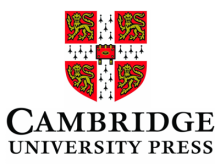Resource information
Local land-use planning procedures are increasingly recognized as potentially crucial to ensure off-reserve biodiversity protection. Mainstreaming systematic conservation planning maps in these decision-making procedures has been proposed as a mechanism to achieve this. However, research is lacking on how to convince officials and politicians to change their behaviour and include the maps in their decision-making. Social marketing is a tool commonly used to effect behaviour change in many sectors but its application in conservation is limited. In the formative research phase of a social marketing study we interviewed locally elected politicians in four coastal municipalities in South Africa. We found that conservation and environmental issues play virtually no role in their work; however, they do attribute value to the natural environment. Land-use planning procedures are considered important but dysfunctional and the role of conservation is perceived negatively in their municipalities. Their information-seeking behaviour is clearly localized. We present a marketing analysis of these results and argue for improving the attractiveness of the product: the maps should be more option- than veto-based and should identify locally relevant ecosystem services. Locally significant information should be provided at a time and location convenient for politicians. We conclude that engagement with councillors should be proactive, refer to land-use planning and services from ânatureâ rather than âbiodiversityâ and use terminology and information that is locally oriented and meaningful from the politician's perspective. The analysis highlights the usefulness of the marketing approach for conservation.



